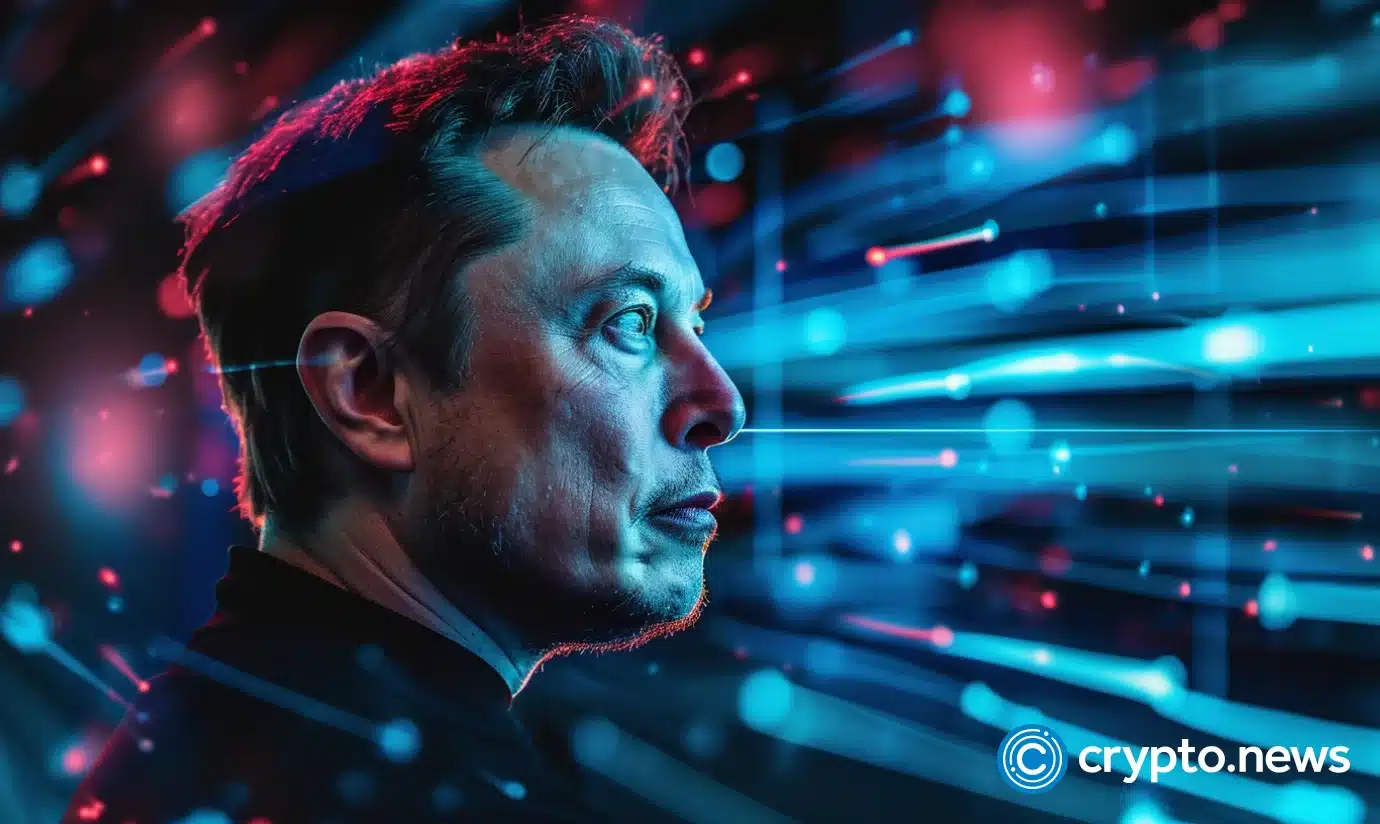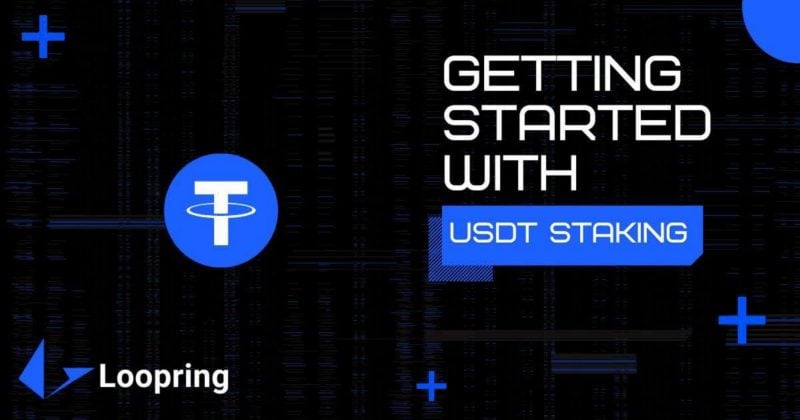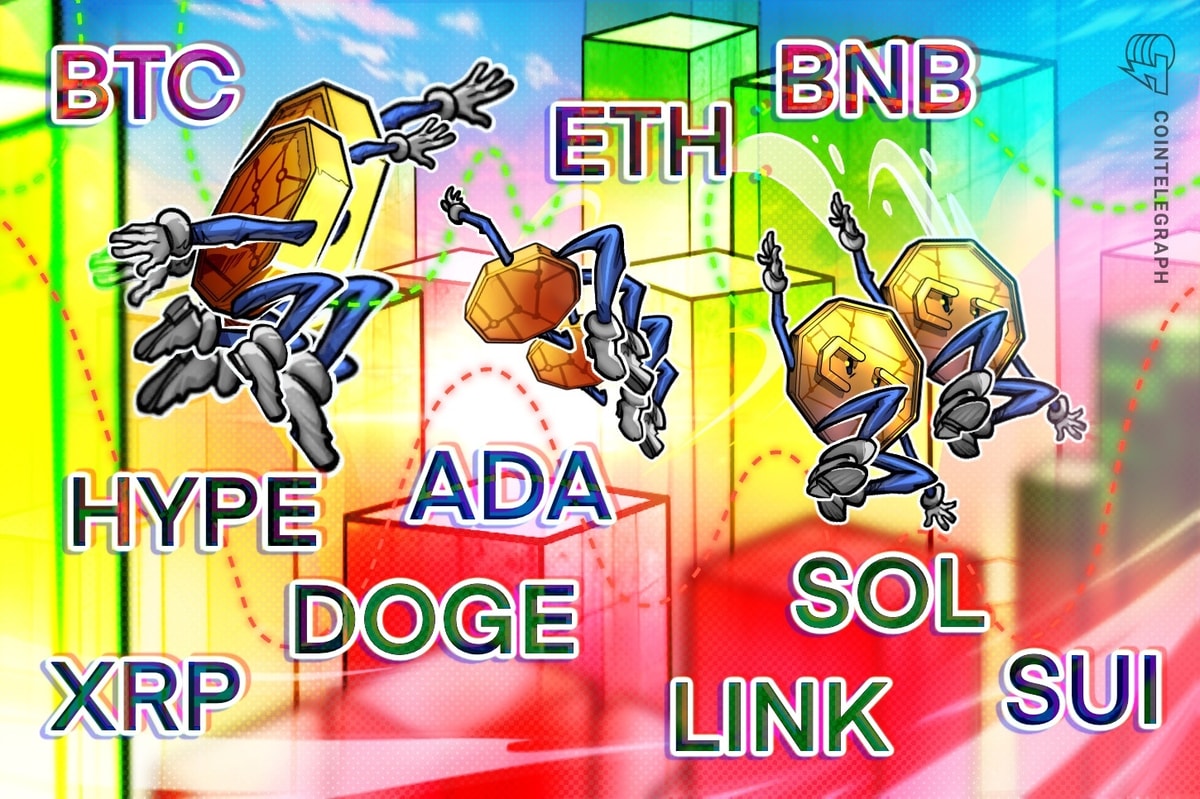Disclosure: The views and opinions expressed here belong solely to the author and do not represent the views and opinions of crypto.news’ editorial.
I wake up to the soft ping of my calendar assistant confirming this morning’s team meeting, scheduled across five time zones without a single manual adjustment from any of us.
As I throw some fruit into the Ninja, another agent delivers the wind report for Kailua: 15-20 knots expected around 4 pm, perfect for wing foiling with the boys later. My sons’ AI tutors—from Khan Academy—are already customizing today’s homeschool lessons, one tackling algebraic equations, the other the history of Perú, where we are heading next.
None of this required a tap or swipe—it just happened. These invisible, tireless agents are becoming as routine as the morning smoothie itself.
Artificial intelligence is no longer a futuristic fantasy—it’s a force embedded into our daily lives. From managing emails to diagnosing diseases, AI is already transforming how we live and work. But the next leap is more profound: autonomous AI agents acting on our behalf, making decisions, performing tasks, and transacting independently in the digital world.
This shift demands a financial infrastructure as fast, borderless, and permissionless as the agents themselves. Enter: crypto.
In the near future, AI agents won’t just chat with us, they’ll execute actions. They’ll schedule your appointments, negotiate your bills, buy your groceries, or manage your online presence. These agents will interface with large language models from companies like OpenAI, Anthropic, or DeepSeek, while simultaneously engaging with a web of other agents and services. The result? A dynamic, decentralized marketplace of intelligent actors performing high-frequency transactions at machine speed.
Our current financial infrastructure is woefully unprepared for this future. Traditional rails like credit cards and bank transfers are slow, expensive, and built for human friction, not automated intelligence.
How does a credit card handle thousands of microtransactions per second between agents scattered across messaging apps, time zones, and use cases? It doesn’t.
Crypto is inevitable
That’s why crypto isn’t optional—it’s inevitable. Blockchain-based systems were designed to optimize the flow of value in complex, trustless, and global environments. From DeFi to gaming to real estate, crypto has proven itself as an efficient mechanism for transacting in digital-first economies. Now, it’s poised to become the financial operating system of AI.
Imagine this: two autonomous agents—one representing a consumer, the other a merchant—negotiate a product purchase entirely via smart contracts, execute payment using a token, and record it on a distributed ledger. No banks. No friction. No waiting. Just pure machine-to-machine commerce.
This is not speculative science fiction. It’s the emerging reality championed by tech visionaries like Vitalik Buterin, Balaji Srinivasan, Sergey Nazarov, and Humayun Sheikh, all of whom see crypto as the core infrastructure for autonomous AI economies.
These pioneers are already building towards a future where AI agents own wallets, hold digital assets, sign smart contracts, and interact trustlessly. As Srinivasan aptly put it, “What is money after generative AI and robotics? This is essentially crypto.”
But this vision brings a technical and social challenge: how will developers actually build, monetize, and deploy these AI agents in a way that integrates seamlessly with the platforms we already use—messaging apps, mobile interfaces, and, albeit less, decentralized protocols?
We’ll need new platforms and protocols that empower developers—from no-code builders to advanced AI engineers—to create agents that are not only intelligent but also economically autonomous. Users will need simple, intuitive interfaces to discover and coordinate with these agents, and robust infrastructure to support identity, payments, and interaction between thousands of agents at once.
This is the infrastructure gap we must now close. We need open standards, shared protocols, and accessible development tools that turn the concept of autonomous, crypto-native AI agents from an idea into a ubiquitous reality.
This is a turning point. AI and crypto are converging—not as hype cycles, but as complementary building blocks of the next internet. AI brings cognition and autonomy. Crypto brings trust and value exchange. Together, they form the economic backbone of a new machine-driven world.
To empower autonomous AI, we must liberate it from outdated financial systems. If AI agents are to become sovereign economic actors, they need a currency that speaks their language. That currency is not dollars or euro—it’s crypto.

Tim Delhaes
Tim Delhaes is the co-founder and CEO of Grindery, the company behind XO, the first AI agent orchestrator and multi-agent wallet. Backed by Binance Labs (now YZi Labs), Grindery is building at the edge of AI and web3 to make crypto intuitive, autonomous, and scalable. Under Tim’s leadership, Grindery launched a Telegram-native smart wallet now used by over 3.5 million people worldwide. XO takes the next leap—empowering AI agents to handle on-chain activity across networks and applications. A serial entrepreneur with multiple exits in Silicon Valley and Latin America, Tim is known for navigating frontier markets and translating vision into impact. With Grindery, he’s pioneering an agent-native future where crypto just works — powered by AI, designed for humans.

















 English (US) ·
English (US) ·